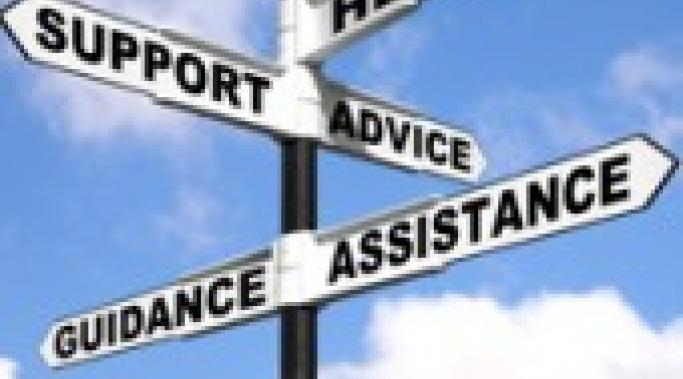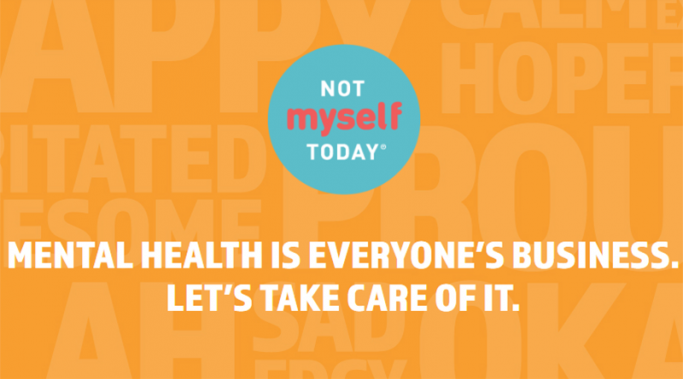My last blog focused on the importance of not diagnosing your mental health symptoms yourself! This blog will focus on not treating symptoms of relapse without consulting with your mental health care team first. Yes, I know, this post might seem a little boring but it's important so please keep reading--note: you can leave me a comment stating you fell asleep around 300 words. I will refrain from being offended.
Embracing Mental Health Recovery
When you live with a chronic mental illness you may experience periods of relapse. Side-note: Not everyone who lives with a mental illness relapses but for those of us who do, the desire to diagnose ourselves and, in connection, attempt to treat our symptoms is tempting.
And it is exceptionally dangerous.
I think I talk about stress and the impact it can have on our mental health often in this blog. Hopefully, it's not exceedingly boring. This blog is a bit different in topic. Yes, it focuses of taking care of ourselves during periods of stress, but also on how we can take care of those we love if they become ill---while knowing when to pull back.
So is recovering from a physical injury. But in a different way. You know this and I know this. A broken leg--I've had one--left me in bed and hopping with one foot to the fridge. I was terribly bored. If I could have moved, I would have drawn pictures on the walls. Probably with a black sharpie. I was angry! My point? Recovering from mental illness can be boring---certainly when our lives used to be painted in manic colors--nice and neon but scary too. Sometimes, downright terrifying.
Earlier this week, I wrote a blog on the topic of self-care when you live with a mental illness. Within that blog I focused on the importance of exercise, nourishing our bodies properly and having a regular sleep pattern. This blog will focus less on what we need to do to stay well but what we might consider avoiding--external and internal negative influences-- in order to recover from mental illness effectively.
When you are first diagnosed with a mental illness you are told--probably within the same five minutes--that self-care is crucial when working to become stabilized.
What is Self-Care and Why is It Important?
Let me stress that by "friends" I do not mean you should ask he or she out for coffee or maybe to a movie. Refrain from a discussion focused on the new recipes you thought up and the shoes you found half off on the weekend...
My Experience With My Psychiatrist
I'm pretty sure I have never written on this topic before. In nearly one-and-a-half years, I have never written exclusively about mental illness and anger. That sort of makes me a bit angry at myself. Just a touch! I think, and perhaps you agree, that the journey we make from the diagnosis of mental illness to recovery is full of anger.
If you live with a mental illness, you have probably found yourself wondering if you should talk to your potential or current employer about your illness. It's hard. We all want to be viewed-- especially within our chosen occupations--as competent and talented. We do not want to be labelled, or defined as living with a mental illness. We don't want to be only "a person with a mental illness."
Guilt. I hate that word. I hate the feelings that attach itself to it and the times in which I felt that my mental illness, the actions resulting from it, hurt other people. Hurting those I loved felt like the worse sort of guilt. Like being punched in the stomach and unable to breathe. Guilt is not just a word nor a feeling: When you live with a mental illness it can come to define your life. It can become dangerous.









